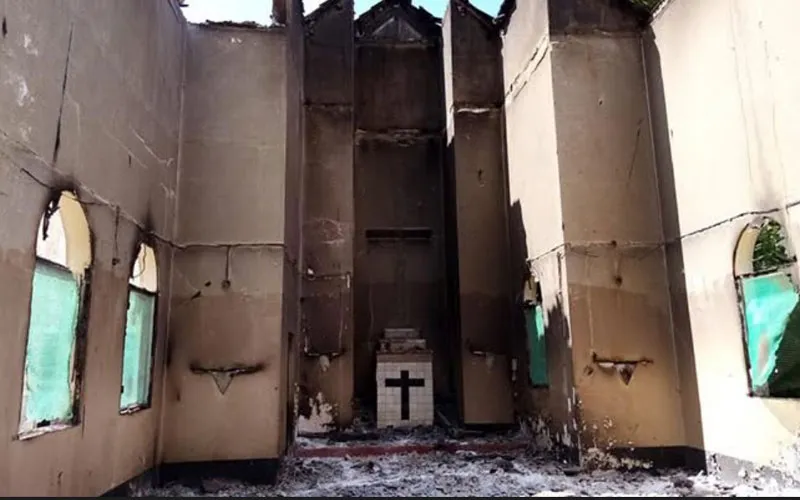Cabo Delgado, 21 September, 2021 / 9:30 pm (ACI Africa).
Catholic Priests and Religious Sisters who have been displaced alongside other people in the embattled Cabo Delgado Province in Mozambique are not yet ready to go back to their missions in the region that still experiences militant attacks.
In a report the leadership of the Catholic peace and charity foundation, Denis Hurley Peace Institute (DHPI), shared with ACI Africa, the Apostolic Administrator of the Diocese of Pemba, Bishop António Juliasse says that the conditions have not yet been created for Missionaries to return to their original missions in the Mozambican Province.
“The issue of security is still precarious,” Bishop Juliasse says in the Monday, September 20 report, and adds, “The first thing we really have to ensure is that the people can return safely and resume their lives in safety… But I think we still need time.”
The Mozambican Catholic Bishop continues, “As long as the people return, then we will also consider the possibility of the missionaries returning there. But for us, the thermometer will be to understand effectively on the ground that there is security.”
In a situation update at a DHPI event in July, the Director of Mozambican Episcopal Conference Commission for Migrants, Refugees and Displaced Persons (CEMIRDE), Sr. Marines Biasibetti, said that that approximately 900,000 people have been displaced within Cabo Delgado and in the surrounding Provinces such as Niassa, Zambézia and Nampula.








